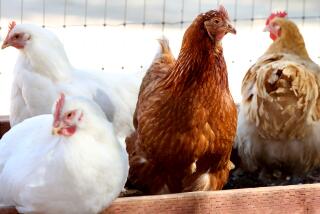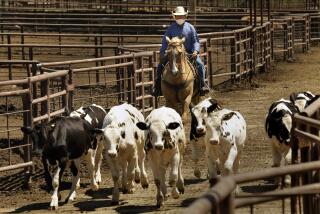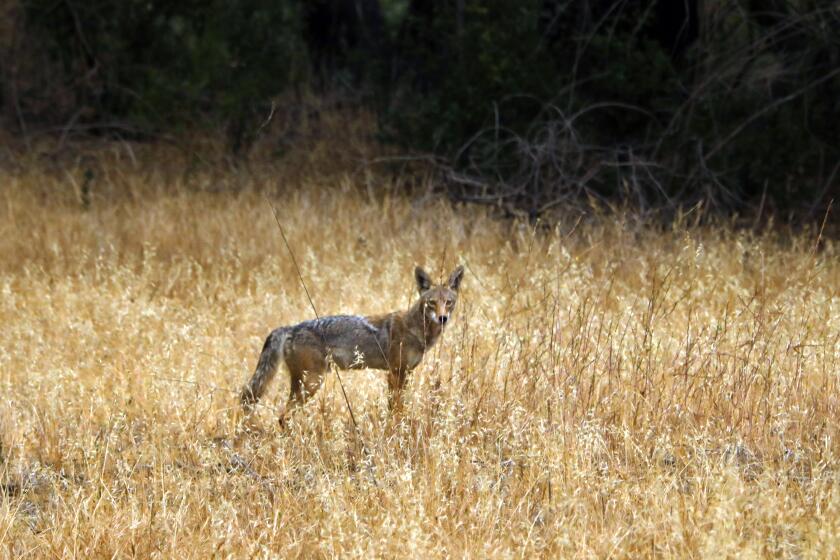Meat-Eaters Should All Go Cold Turkey
Britain’s ongoing mad cow and hoof-and-mouth debacles should give pause to those who remain committed to a meat-centered diet. Certainly both hoof-and-mouth and mad cow disease are not part of a program of divine retribution meant to even the score between humans and the billions of animals we abuse in the process of rearing them for slaughter. These maladies are just the most recent, and certainly not even the most compelling, reasons to eliminate meat from one’s diet.
Imagine that the black sheep in your family is a heroin addict. He could seek treatment and try to quit, dealing with his addiction in a difficult yet sensible way. Or he could continue shooting up and hope against hope that doctors and government agencies would develop a treatment that might allow him to do so without suffering the consequences.
On a similar note, last week the United States moved to block the import of all livestock and fresh meat of European origin. In the short run, the blockade makes sense. In the long run, and in the context of a nation that slaughters nearly 10 billion animals a year for food, the trade barrier will merely make meat-eating in the U.S. slightly less of a public health disaster.
In the recent flurry of dire hoof-and-mouth headlines, it would be easy to lose sight of the herd for the cows. Hoof-and-mouth disease poses a threat to animals but virtually no threat to human health. And while the suffering and deaths of mad cow disease victims should not be downplayed, it is important to remember the broader public health context. To date, fewer than 90 people have died as a result of the human variant of mad cow disease. Meanwhile, millions suffer and die every year from heart disease, cancer and complications arising from obesity and hypertension--all conditions aggravated by eating meat and other high-fat foods.
According to Neal D. Barnard, president of the Physicians Committee for Responsible Medicine, “Every day, 4,000 people in the U.S. suffer a heart attack--many of them fatal. Most of those people could be saved if they followed this simple prescription: a low-fat, vegetarian diet. Weaker diet changes, such as the chicken and fish diets some doctors have recommended, do not go far enough.”
Have we grown comfortable with diet-related chronic and fatal diseases? The hullabaloo generated by Britain and the rest of Europe’s livestock problems highlights an ironic, myopic fixation.
These new livestock woes add emphasis and urgency to long-standing public health concerns surrounding the practice of raising animals for human consumption. Switching to a plant-based diet is a simple alternative to an unhealthy and wasteful reliance on animals for subsistence. Given what is known about the deleterious health effects of meat consumption, we should kick the habit cold turkey.
More to Read
Start your day right
Sign up for Essential California for news, features and recommendations from the L.A. Times and beyond in your inbox six days a week.
You may occasionally receive promotional content from the Los Angeles Times.






